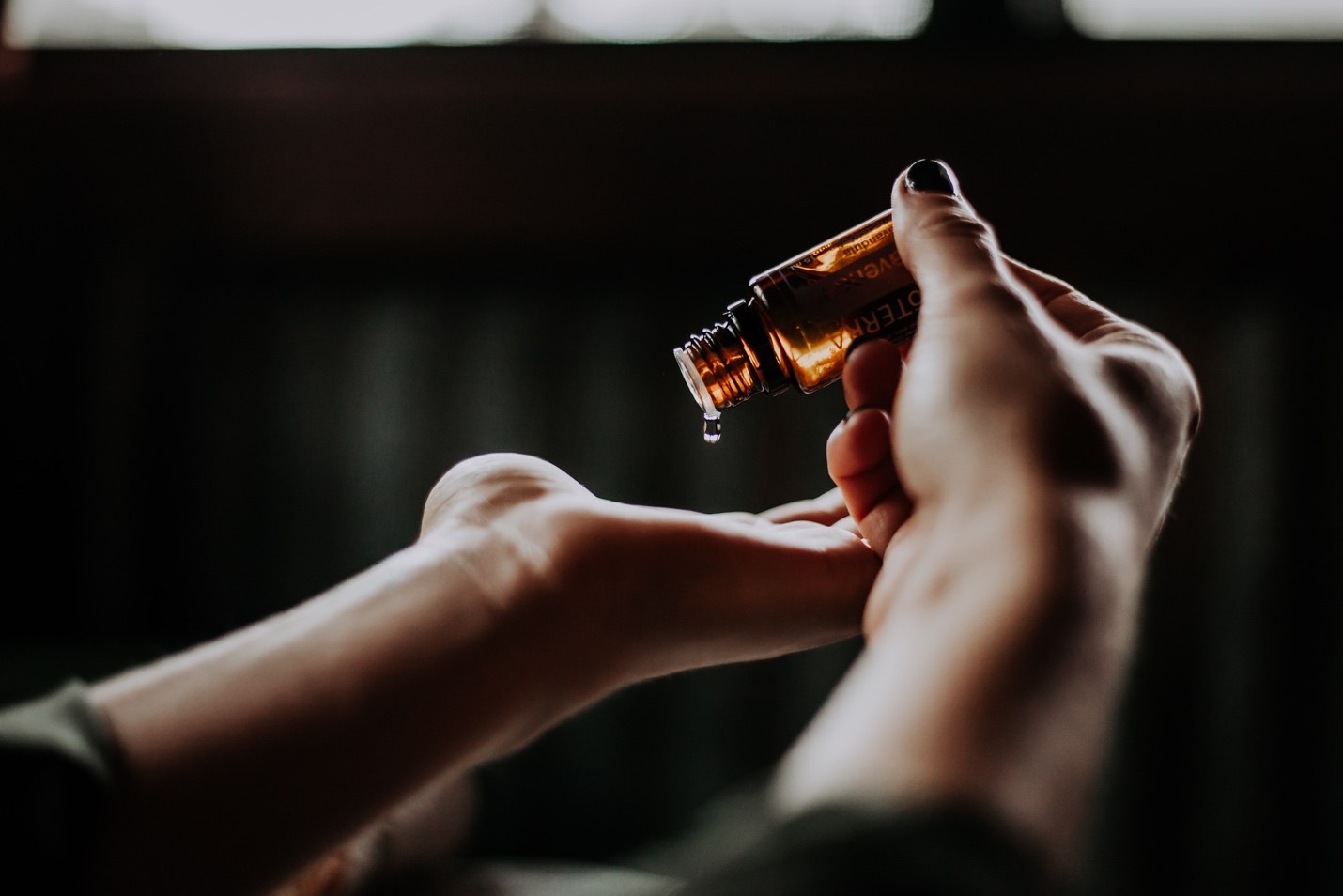What is CBD?
CBD (or cannabidiol) is a single molecule, usually derived from the cannabis plant. It’s one of over 140 cannabinoids and is the most abundant cannabinoid in hemp. In full or broad-spectrum CBD oil, you will find CBD alongside a variety of other cannabinoids and terpenes (aromatic compounds), many of which have been noted to have therapeutic benefits. The benefits of CBD are unique, due to the way that it interacts with our in-built endocannabinoid system – a complex network of receptors that span the entire body and work in synergy with our internally produced endocannabinoids, and phytocannabinoids like CBD, to regain and maintain balance in almost all bodily processes. The CBD molecule also directly activates several other receptors, including serotonin and vanilloid, for far-reaching effects which have been the subject of study since CBD was first successfully identified and isolated back in the 1940s.
What are the different types of CBD?
Many cannabinoid researchers believe that CBD benefits the mind and body using a range of mechanisms via multiple molecular pathways. As a result, CBD companies around the world have developed a wide variety of ways CBD can be used and enjoyed for different needs. CBD capsules, CBD gummies, and other ingestible forms of CBD are preferred by some for their slow release, steady build-up, and potential targeting of ECS receptors in the gut. Others favour CBD oil and CBD tinctures, designed to be taken sublingually (under the tongue) for rapid absorption into the bloodstream, or CBD vape pens for the highest bioavailability. CBD topicals, such as CBD balm, CBD body lotion, and CBD face oil are also extremely popular with those who suffer from skin conditions, such as acne or eczema.
List of CBD benefits
Although we (and all CBD brands) are not allowed to advertise the benefits of CBD, we do recommend that all those interested in what CBD oil has to offer should do their research – because there are plenty of studies out there to educate themselves with.
Since the discovery of the endocannabinoid system in the early 90s, there have been over 41,000 studies into the ECS and cannabis, with CBD and THC being the main focus for therapeutic value. None of these studies have found CBD to be harmful in any way (in fact, the World Health Organisation have officially declared CBD is perfectly safe and has no potential for abuse) however, many of them have demonstrated immense potential for a whole raft of ailments, including (but not limited to) chronic pain, stress, anxiety & depression, skin conditions, neurological issue, sleep problems, and gut complaints. Project CBD is an excellent source of reliable, up-to-date information for those interested in learning more about CBD benefits.
CBD Products FAQ
Does CBD get you high?
No, CBD does not get you high as it does not interact with the brain in this way. The main psychoactive component in cannabis is THC, but this cannabinoid is only legal in minuscule amounts (up to 0.2%) in over-the-counter full-spectrum CBD products (which is not enough to get you stoned either) or in higher levels on prescription.
What does CBD stand for?
CBD is actually not an acronym at all, but an abbreviation of the word Cannabidiol – one of over 140 cannabinoids in the cannabis plant.
How much CBD oil should I take?
Dosage is really a very unique thing when it comes to CBD oil, as everyone metabolizes cannabinoids at a different rate. On top of this, a range of factors come into play such as weight, age, the reason for use, natural endocannabinoid levels, and blood volume. The best way to find your dose is to start low and go slow, building up gradually until you start to notice the benefits of CBD. You may wish to start with a couple of drops of oil three times a day (after eating or brushing your teeth, to aid absorption) for a steady accumulation of cannabinoids in your system. Some people find half a dropper to a full dropper ends up being their ideal dose each time, but it’s in your best interest to work your way up to that for best results.
What is CBD good for?
The most common reasons people use CBD products are to reduce and control the stress response and to aid a good night’s sleep. However, given that CBD oil supports our ‘homeostatic regulator’, the ECS, many experts believe that CBD may benefit you in any area in which the ECS is involved. Our endocannabinoid receptors can be found in every skin cell, in our muscles, joints, brain, throughout all other physiological systems, and even in our mitochondrial cell walls. The endocannabinoid system plays a vital role in every bodily process, from pain transmission, to sleep, to sexual function, immune response, the fight or flight response, skin health, and much, much more.



